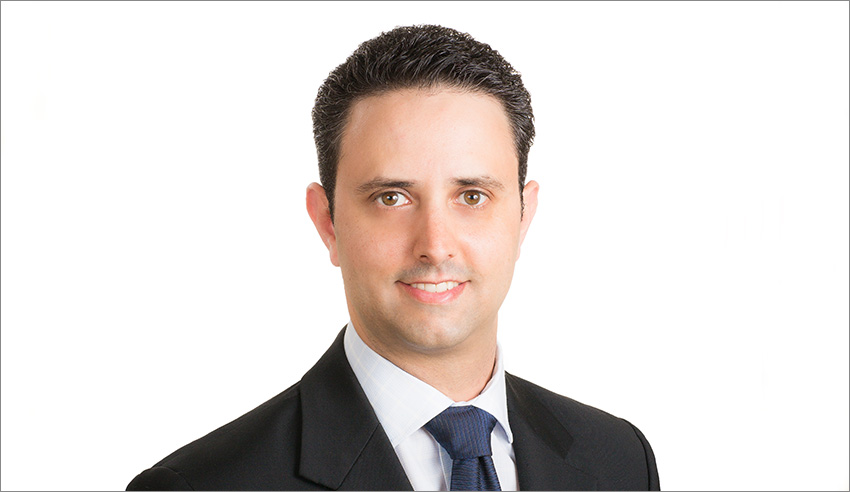With the bill to remove dual regulation officially passed legal practitioners operating in the migration legal advice industry will see major transformation.

Sergio Zanotti Stagliorio, solicitor at Northam Lawyers, told Lawyers Weekly that the passage of the Migration Amendment (Regulations of Migration Agents) Bill 2019 is by far the most profound transformation in the migration advice industry in almost 30 years.
The OMARA’s initial commercial registration fee costs $1,760, which must be renewed annually for $1,595.
In summary, schedule 1 of the bill (informally known as the “Deregulation Bill”) now abolishes the dual regulation of lawyers.
This means that lawyers will no longer be regulated by the OMARA nor have to pay the OMARA’s registration fees, unless they are restricted practising certificate (RPC) holders and choose to keep their RMA registration during a transitional period.
An RPC is a certificate issued by a legal regulatory body that requires holders to be supervised for a period of time.
Mr Stagliorio said lawyers who hold unrestricted practising certificates (UPC) upon the commencement of schedule 1 will be able to provide immigration assistance only in connection with legal practice, which is defined as “the provision of legal services regulated by a law of a [state or territory]”.
If a UPC holder is also an RMA upon the commencement of schedule 1, they will then automatically lose their RMA registration.
Further, migration agencies (i.e. entities that are not legal practices) that currently employ lawyers for the giving of immigration assistance will be impacted.
Upon the commencement of schedule 1, those lawyers will either: if they are RPC holders, be allowed to give immigration assistance through those agencies in their capacities as RMAs only during the transitional period; or, if they are UPC holders, have to cease giving immigration assistance through those agencies and start giving such assistance in connection with legal practice.
“In essence, [schedule] 1 will split the migration advice profession into three categories: UPC holders only, RMAs only and professionals who are both RMAs and RPC holders during the transitional period,” Mr Staggliorio said.
As this changes the future of the migration legal industry Mr Staggliorio said migration advice will start facing a new set of challenges in moving forward.
The competition between lawyers and RMAs is expected to intensify, which would be significant given what may be a declining pool of visa applicants given changes in migration law and COVID-19 considerations regarding putting the interests of Australian workers first according to Mr Stagliorio.
Transitional period
In these major implementations, there will be a transitional period for migration lawyers and agents alike to get adjusted.
However, according to Mr Stagliorio, the original version of the Deregulation Bill did not include a transitional period at all.
Mr Stagliorio who is also a member of the Law Council of Australia was involved heavily in the advocacy for a transitional period.
Mr Stagliorio said originally, the bill would effectively force any RMAs who became or wish to become lawyers to automatically lose their RMA registration upon the commencement of schedule 1.
“As a result, they would only have been able to provide immigration in connection with legal practice,” he said.
“The problem was that, as RPC holders usually need to be supervised for a certain period of time upon grant of an RPC, they would have been effectively forced to hand over their clients and livelihoods to their supervising lawyers and hope for the latter not to dismiss them afterwards.”
Eventually, Parliament adopted the recommendations made by that grassroots movement on the introduction of a transitional period, almost word for word.
Now RPC holders who are RMAs upon the commencement of schedule 1 will have a choice.
Mr Stagliorio said they can either renounce their RPCs and continue to give immigration assistance only in their capacities as RMAs or keep their RMA registrations and give immigration assistance during the transitional period in their capacities as RPC holders in connection with legal practice or as RMAs.
“That will benefit not only RMAs who already are RPC holders, but also any RMAs in the future who wish to transition to the legal profession without having to give up their livelihoods during their period of supervised legal practice,” Mr Stagliorio said.